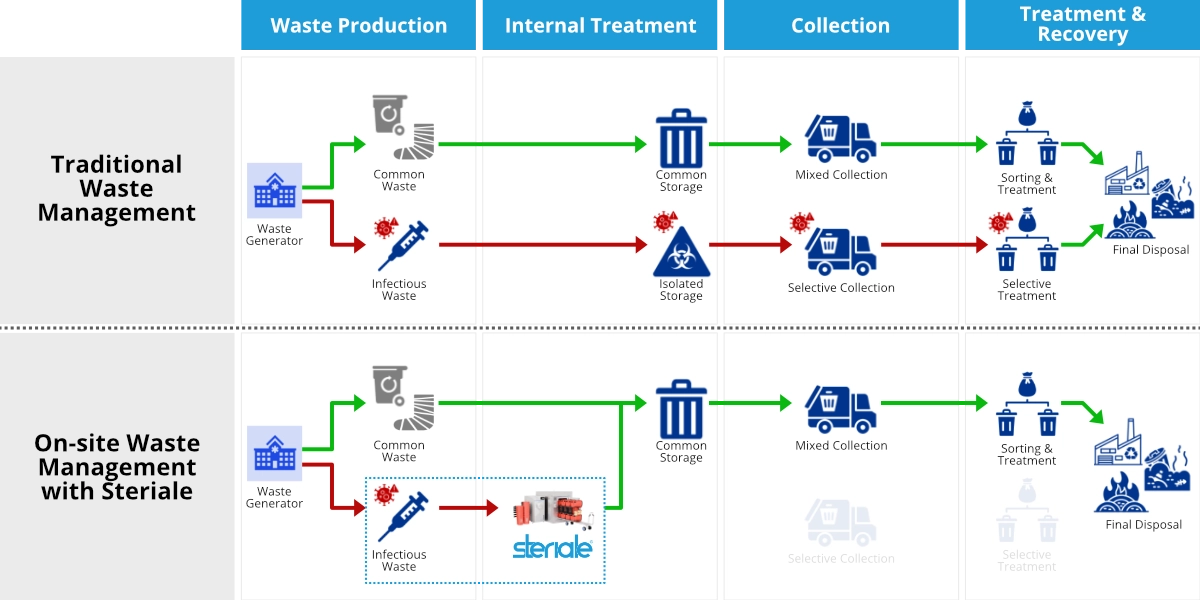Concerns and worries of the healthcare industry related to BIWs
In the healthcare industry, hazardous medical waste management using traditional EX-SITU methods present significant challenges, including high operating costs, negative environmental impacts, and safety risks. These methods require off-site transportation and processing in specialized facilities, which increases the carbon footprint and associated costs.

High Cost
Medical waste management at your facility likely represents a significant portion of your operating expenses. The specialized processes and equipment needed to safely handle these wastes are not only expensive to implement, but also require ongoing maintenance and regulatory compliance, which further increases costs.
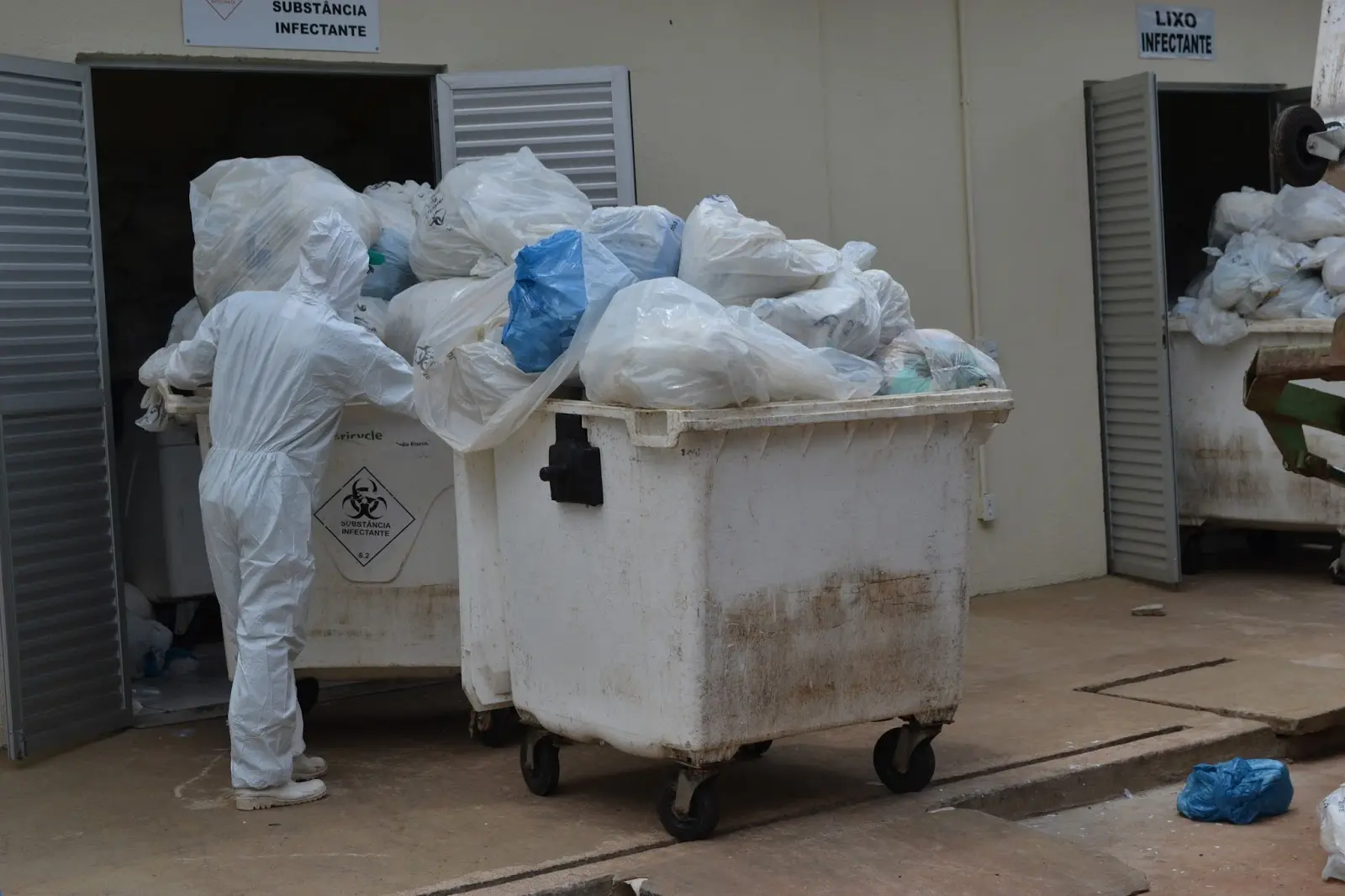
High Volume
Given the nature of its work, facilities generate large quantities of waste on a daily basis. This high volume requires appropriate storage solutions and can strain the capacity of your waste management systems, affecting the operability and safety of your facility.
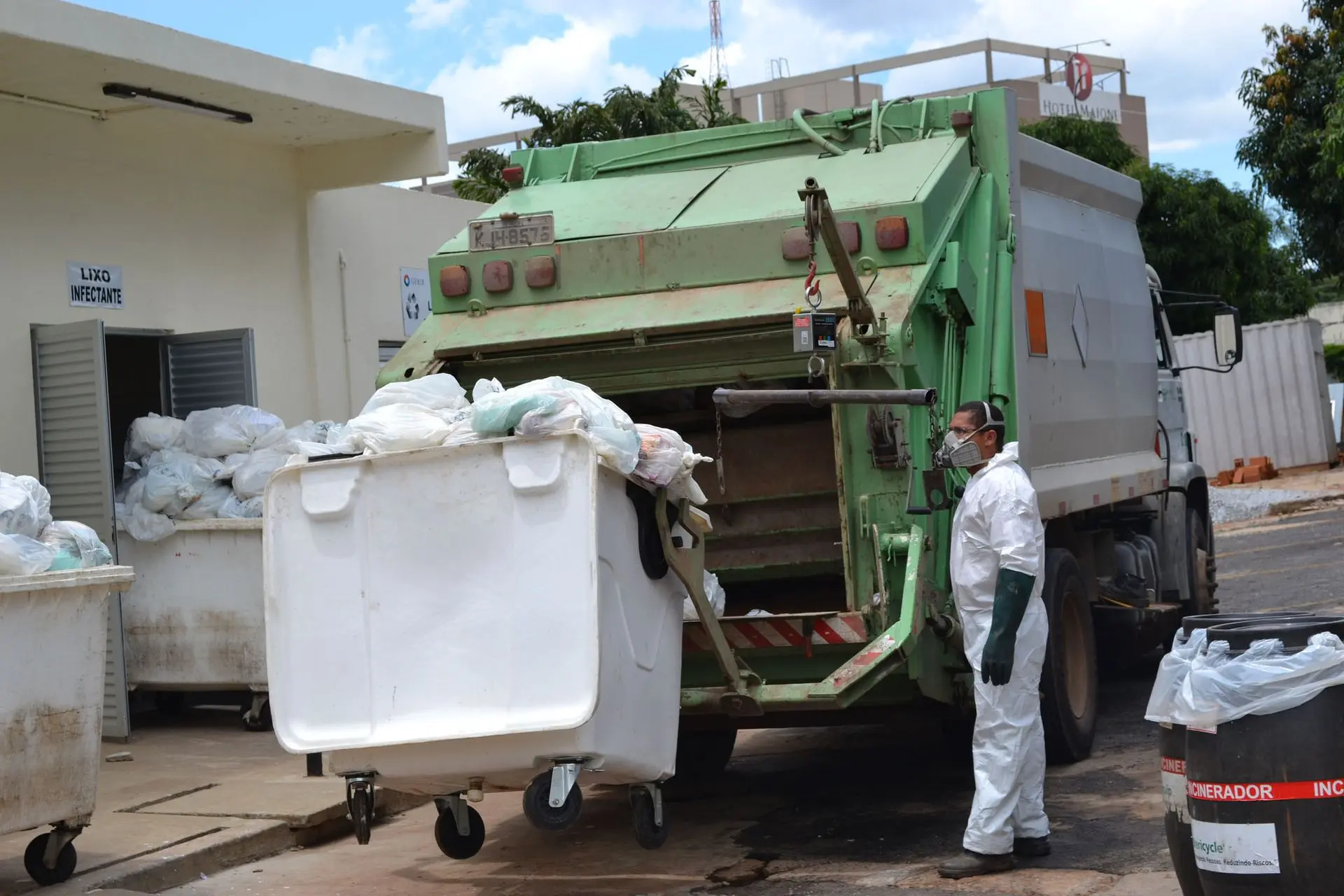
High Waste Retrieval Frequency
The need to collect waste frequently is not only a logistical challenge, but also increases operating costs. This high frequency is necessary to avoid contamination risks, but it complicates day-to-day management and can affect the efficiency of your operations.

Low Biosafety
If waste management practices are not optimal, biosecurity risks can be an ongoing concern. Exposure to infectious or hazardous materials is a serious risk to your staff and the community, highlighting the importance of safer and more effective medical waste management systems.
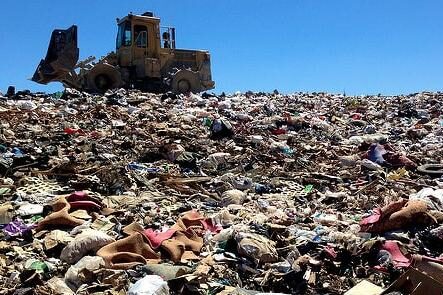
High environmental impact
Traditional waste treatment methods, such as incineration, can have severe consequences to the environment. These methods may conflict with their sustainability goals due to their harmful emissions and the carbon footprint they generate.

Difficult to manage and monitor
Efficient supervision of waste from generation to final disposal is key to complying with regulations and maintaining high safety and traceability standards. However, without the right tools, this process can be complex and error-prone, making it difficult to ensure compliance and efficiency.
How does the Steriale System work?
Our technology converts infectious waste into municipal solid waste within the hospital, thus offering significant savings, enhanced safety, environmental friendliness and advanced trackability.
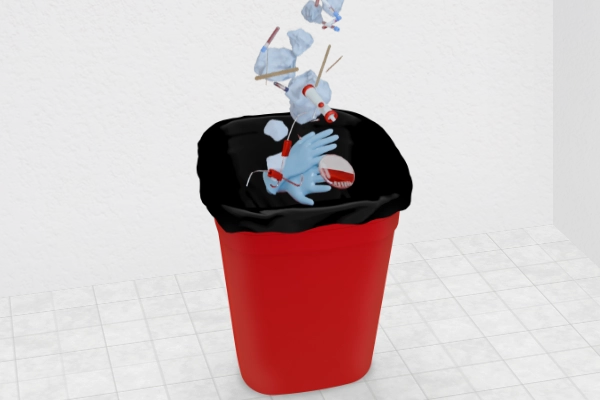
Safe collection of infectious biological waste, using reusable containers.
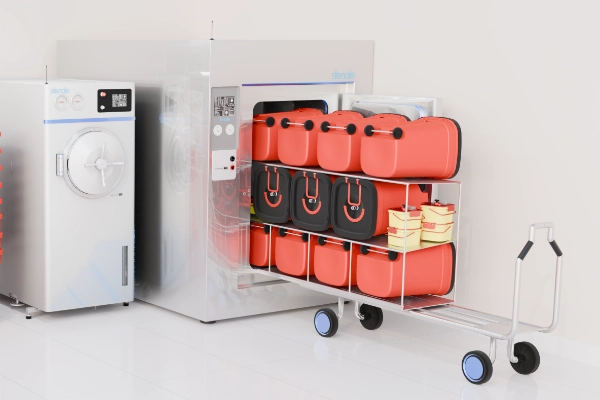
Waste treatment by Steriale autoclaves, with full trackability via our Steriale software.
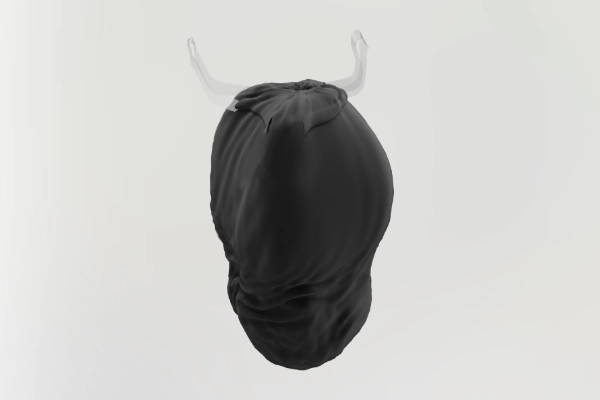
After sterilization, waste has been compacted and is ready or disposal as municipal solid waste.

